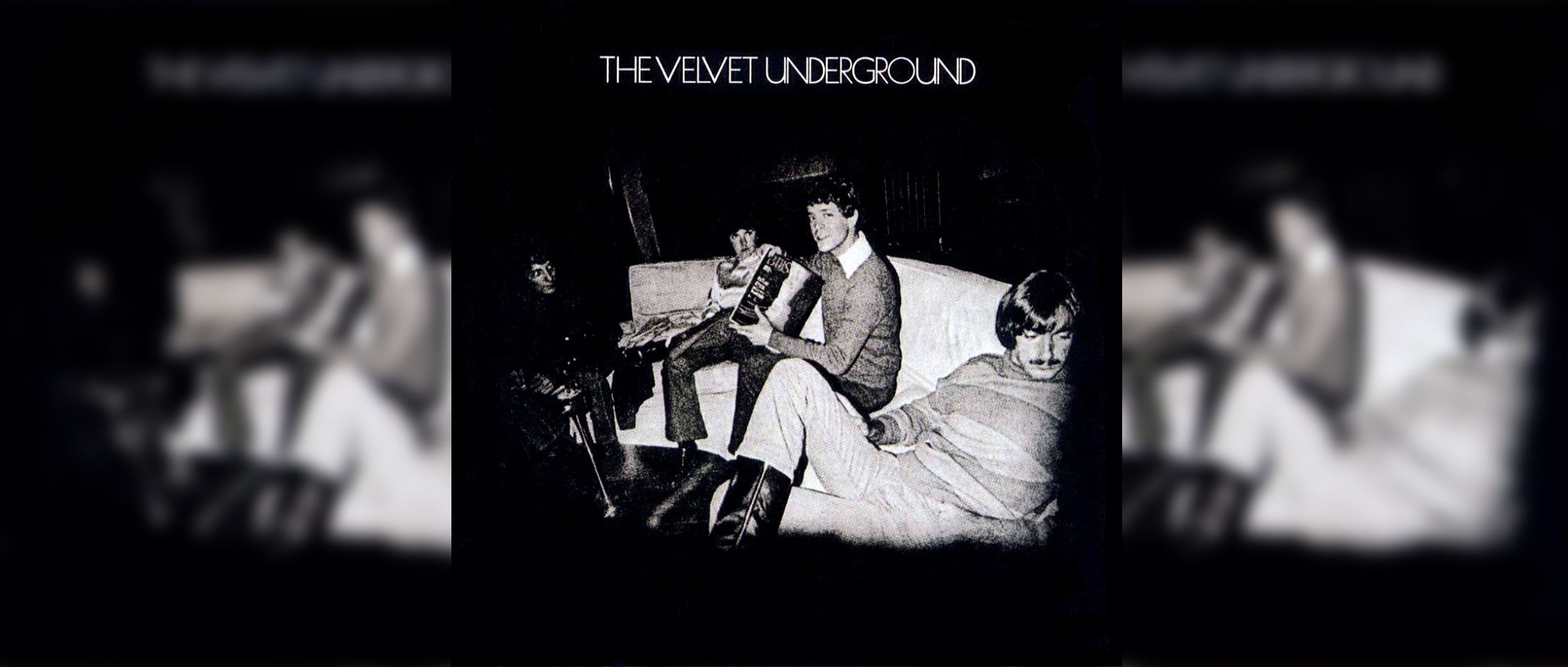The Velvet Underground’s self-titled LP turns 50
by Isaac Shur
2019-05-05

The Velvet Underground
The Velvet Underground
MGM · March 1, 1969
On the fiftieth anniversary of their eponymous album, music fans should take a moment to appreciate their impact and legacy.
Every once in a while, a band comes along who doesn’t receive much attention during their career, but gains an insane cult following later on. The Velvet Underground is paradigm case. Despite originally being managed by superstar pop artist Andy Warhol, in the band’s infancy their music was mostly met with lukewarm reviews and poor sales. But as time went on they became one of the most influential music groups of all time. Fronted by singer, songwriter, and lead guitarist Lou Reed, The Velvet Underground went on to influence a myriad of groups in the decades after their career. One can clearly hear the progression from The Velvet Underground, to the Pixies, to Cage the Elephant, and many more.
Often known for off-the-beaten path experimentation, the group’s third self-titled project took a sharp turn and did something odd: it was much more conventional. While their sophomore album, White Light/White Heat, was noisy and abrasive, The Velvet Underground was comparatively calm, featuring a greater focus on songwriting from Reed. This is apparent from the start with “Candy Says,” with its slow pacing and chilled out instrumentation. The title of the track refers to Candy Darling, an actress, Warhol model, and transgender icon. The lyrics of the track actually manage to reflect the trans experience to some degree (which is rare for 1969) as bassist Doug Yule sings “Candy says / I’ve come to hate my body / And all that it requires in this world.”
Then there’s one of the group’s most popular songs for contemporary listeners, “Pale Blue Eyes,” which takes a similarly calm tone as “Candy Says” with it’s catchy looping guitar riff and otherwise minimal production. The track is distinctly a love song, written by Reed for Shelley Albin. Though Albin was not blue-eyed, she was married at the time of their relationship, which explains lines like “It was good what we did yesterday / And I’ll do it once again / The fact that / you are married / Only proves you’re my best friend / But it’s truly, truly a sin.”
The album isn’t all laid back ballads though. More energetic cuts such as “What Goes On” and “Beginning To See The Light” manage to keep the pacing up to speed. The latter track actually continues a miniature narrative, in which the fictional protagonist has found religion and sees their life outlook change drastically. The story begins on the previous song, “Jesus,” as the character begins to discover their faith. The track is heavily restrained, relying solely on Reed’s vocals and two acoustic guitars. Then we go into the wild yet carefree “Beginning To See The Light” before the story comes to fruition on “I’m Set Free.” Although this song could be interpreted as a close to the religious substory in which the protagonist is set free by his new found worship, it has a double meaning,likely also referring to the aftermath of Reed overcoming a heroin addiction. The story is a perfect example of the genius songwriting Reed is capable of.
The Velvet Underground doesn’t finish without a bit of the band’s trademark wacky experimentation, though, as the nine minute odyssey “Murder Mystery” provides fans with a more eclectic sound. All of the vocals are separated to either the left or right ear, as one side takes on slow-going sung performance while the other side recites two layers of poetry, simultaneously, at pace with the percussion. It’s frantic and fever-inducing while still maintaining charm somehow. Of course, it would be remiss to review the album without commenting on Maureen “Moe” Tucker’s angelic vocals. Though she backs tracks throughout, she also makes her lead vocal debut on the closing song, “After Hours.” Tucker manages to sing a two minute diddy about loneliness, alcoholism, and death, and yet makes the track sound like a veritable lullaby, coaxing the listener into a bitter-sweet sleep.
It’s obvious how seminal 60s bands like The Beatles or The Rolling Stones have shaped the course of modern music, but The Velvet Underground can often fly under the radar in comparison. On the fiftieth anniversary of their eponymous album, music fans should take a moment to appreciate their impact and legacy.
